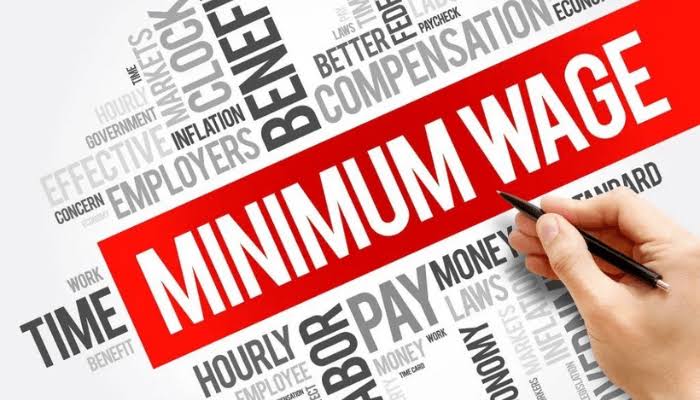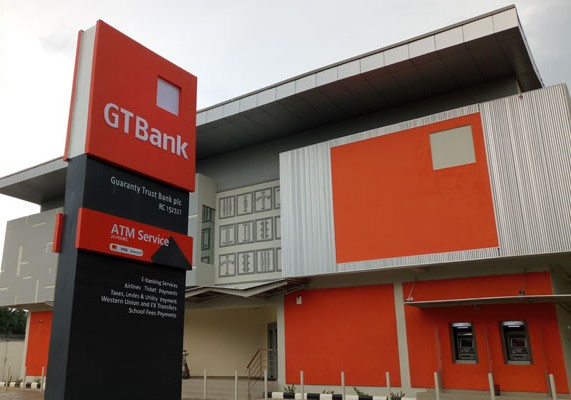Minimum Wage Struggles: Civil Servants and State Governors at Odds
The approval of Nigeria’s N70,000 minimum wage was celebrated as a hard-fought victory for the country’s workers. However, the joy was short-lived as state governors have delayed the implementation of this new wage, leaving many civil servants frustrated.
For thousands of workers already struggling with Nigeria’s high cost of living, these delays are worsening their financial woes.
Join our WhatsApp Channel“Thousands of Nigerian civil servants are put to the test of eternal misery when their state governors have not shown proper commitment to pay the N70,000 approved minimum wage,” a civil servant, who wished to remain anonymous, shared.
The Economic Backdrop of the Minimum Wage Hike
The rise in the minimum wage from N30,000 to N70,000, signed into law by President Bola Ahmed Tinubu, was meant to ease the economic burden on Nigerian workers. Following the removal of petrol subsidies, the price of petrol skyrocketed from N250 to N1,000 per litre. This led to a surge in inflation, causing food prices and general living costs to rise sharply.
The subsidy removal was aimed at stabilising the economy and reducing national debt. However, the immediate result was an increased strain on citizens. Many families are now living under precarious conditions, struggling to afford basic necessities.
The Governors’ Excuses and Workers’ Struggles
Despite the Federal Government’s promise of an increased minimum wage, many state governors are yet to implement it. Citing a lack of funds, some governors claim they cannot afford to pay workers the N70,000. However, this excuse rings hollow, given the significant increase in federal allocations to states.
From N290.71 billion in 2023 to N473.477 billion in 2024, states have received a substantial boost in revenue. Yet, many governors have chosen to prioritise other expenditures over workers’ salaries.
READ ALSO: Supplementary Budget, Minimum Wage May Hinder Economic Reforms, Warns Agusto & Co.
A civil servant on X shared her heartbreaking story of how her family’s financial struggles have left her unable to afford her children’s education and rent. “I can’t even afford transportation to my workplace, I stay at Abuja.” she said. Her story is one of many, as workers across the country grapple with the harsh realities of delayed wages and economic hardship.
Medical Workers Face Added Burdens
The situation is no different in the healthcare sector. In Niger State, a group of medical doctors who were protesting for the implementation of promotions and improved wages were met with dismissals rather than support. As senior medical personnel leave for better-paying jobs abroad, Nigeria’s healthcare system is being stretched to its limits. The lack of adequate medical staff puts indigent patients at greater risk, and the ripple effect is being felt across the nation.
The Growing Brain Drain and its Impact
The failure to implement the new minimum wage is contributing to the ongoing brain drain in Nigeria. Many skilled workers, particularly in sectors like healthcare and technology, are leaving for better opportunities abroad. Countries like Canada and Germany offer wages far above what Nigerian workers can earn domestically.
A report from TechCabal indicated that 52% of tech professionals in Nigeria are likely to leave the country for better-paying jobs overseas. This exodus is having a noticeable impact on critical industries. “It’s hard to keep tech professionals here when they can earn five times what they make in Nigeria working abroad,” said a tech industry insider.
The loss of highly skilled workers is also affecting the banking, commerce, and education sectors. Experts fear that if this trend continues, Nigeria’s productivity will suffer, leading to further economic decline.
State Governors and Reckless Spending
While workers wait for their minimum wage, state governors have been criticised for their reckless spending. In just three months, they collectively spent N968 billion on entertainment, with N322.6 billion going toward frivolous expenses. This has sparked outrage, given that workers are struggling to survive on meagre wages.
Only Adamawa State Governor, Ahmadu Umaru Fintiri, has committed to paying the N70,000 minimum wage in September. “The situation is unacceptable. These governors need to prioritise the welfare of their workers,” said an official from the Nigerian Labour Congress (NLC).
Consequences of Delaying the Minimum Wage
The longer the delays continue, the deeper workers fall into poverty. Depression, debt, and despair are becoming more common among civil servants.
Without the promised wage increase, many workers are being forced to take on loans to cover basic living expenses. Others are considering leaving their jobs altogether.
“The refusal of state governors to pay the minimum wage is not just a betrayal of trust but a recipe for disaster,” said an NLC spokesperson. The delays are pushing workers to the brink, with some warning that the situation could soon spiral into widespread unrest.
A Ticking Time Bomb
If the situation persists, Nigeria risks losing more of its workforce to other countries. The combination of high inflation, delayed wages, and poor governance is creating a volatile environment. As more professionals leave, the country’s economic stability is being called into question.
State governors must act quickly to prevent further harm. By delaying the implementation of the minimum wage, they are not only violating workers’ rights but also contributing to Nigeria’s growing economic and social problems.
Emmanuel Ochayi is a journalist. He is a graduate of the University of Lagos, School of first choice and the nations pride. Emmanuel is keen on exploring writing angles in different areas, including Business, climate change, politics, Education, and others.
- Emmanuel Ochayihttps://www.primebusiness.africa/author/ochayi/
- Emmanuel Ochayihttps://www.primebusiness.africa/author/ochayi/
- Emmanuel Ochayihttps://www.primebusiness.africa/author/ochayi/
- Emmanuel Ochayihttps://www.primebusiness.africa/author/ochayi/



















Follow Us